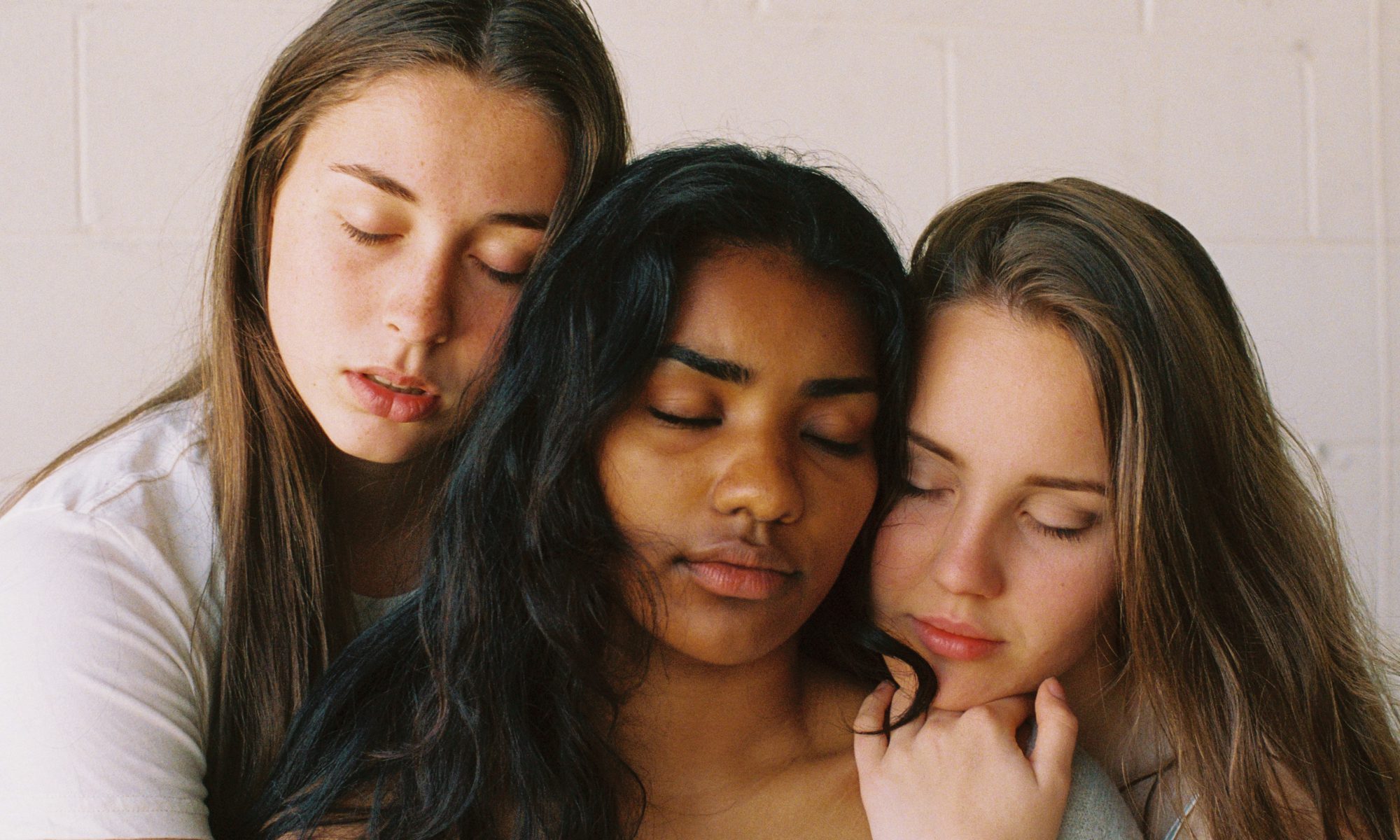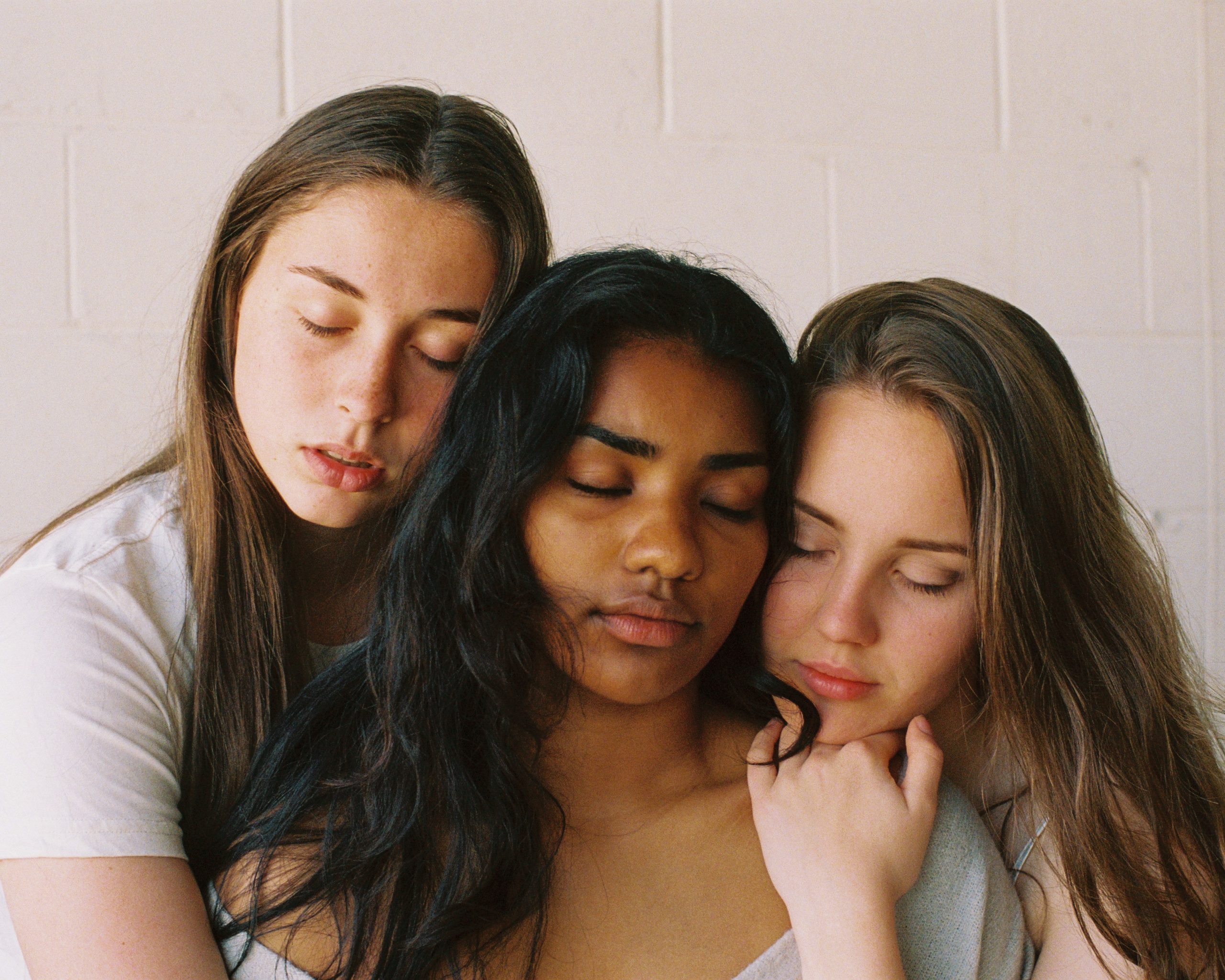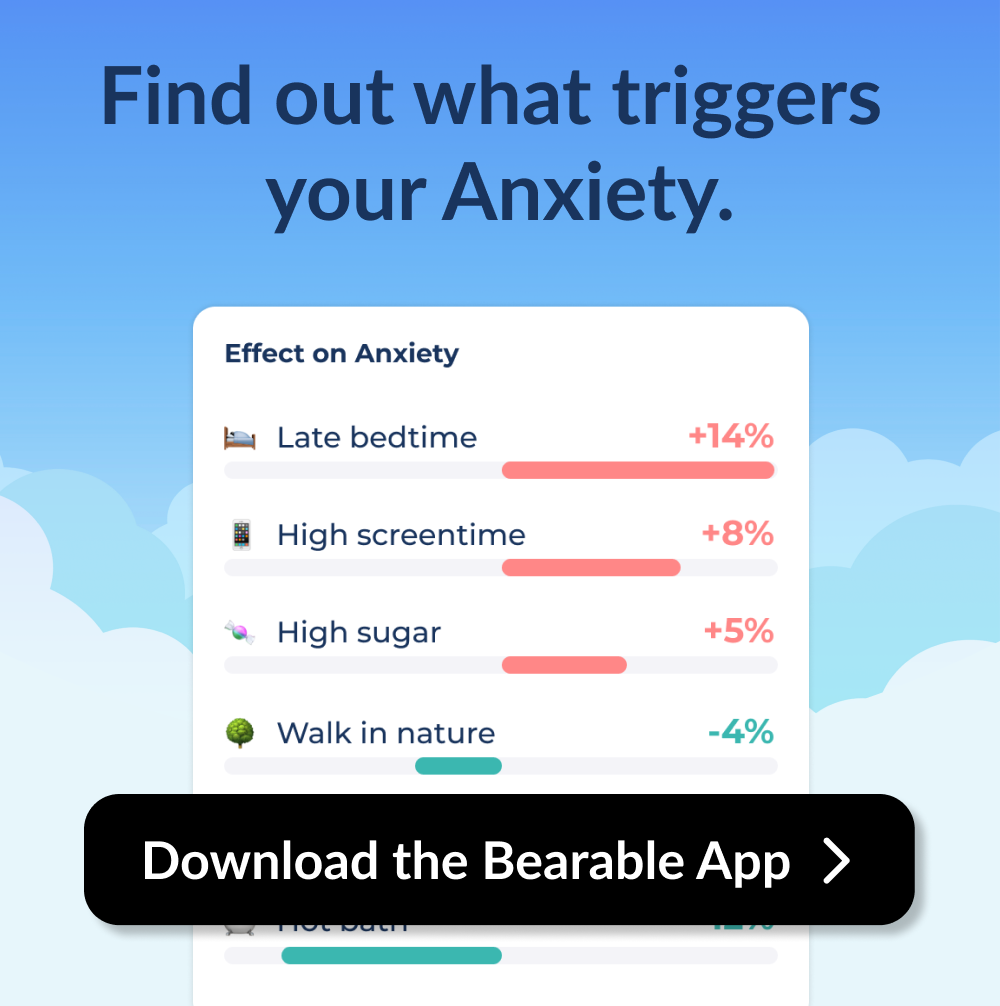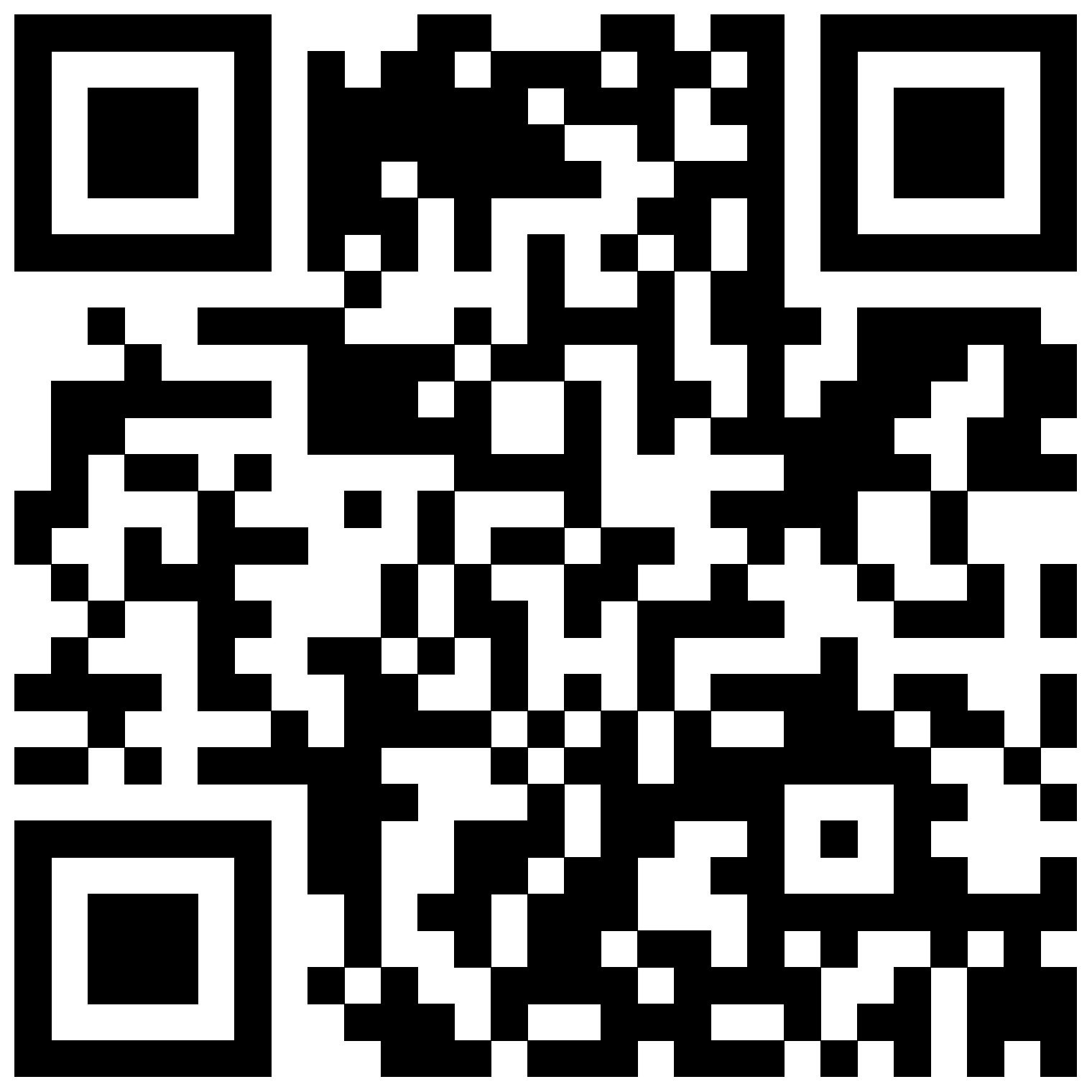What are the signs and what's the difference between Anxiousness and Anxiety Disorder?
Published on March 8th 2023.
Written by Jenna Farmer.
Chapters.
1. What is Anxiousness? | 2. What’s the difference? | 3. Does it become Anxiety Disorder? |
4. Do I need help? | 5. How can Anxiousness be treated? | 6. How can anxiety disorder be treated?
Anxiety is becoming increasingly prevalent, with many factors contributing to this. Whether it’s the rising cost of living, adjusting to hybrid work arrangements, or feeling stressed by the constant stream of negative news, it’s common to experience anxious feelings from time to time. However, how can you tell if your feelings of anxiety have developed into an anxiety disorder? When should you seek professional help? In this article, we’ll explore the signs that indicate your worries have become a more serious mental health issue.

Photo by SHINE TANG on Unsplash
What is anxiousness?
Anxiousness is a term used to describe the state of worry or stress that we experience. It can arise from specific triggers, such as a health concern or a work-related issue, or it may manifest as a more general sense of unease. It’s entirely normal to experience bouts of anxiousness, especially during major life changes. In fact, almost everyone will experience this feeling at some point in their lives, even if they don’t openly discuss it.
What’s the difference between anxiousness and anxiety disorder?
Although we often use the terms “anxiousness” and “anxiety disorder” interchangeably, it’s important to understand the distinction between the two.
Anxiousness is a more general term that refers to the feelings of worry or stress that we experience. It doesn’t necessarily indicate the severity or duration of those feelings, and it can be used to describe anything from pre-date jitters to ongoing stress. However, experiencing anxiousness doesn’t necessarily mean that you have a mental health condition that requires treatment.
Anxiety disorder, on the other hand, is a more serious and less common condition. Approximately 19% of Americans have experienced some form of anxiety disorder in the past year. There are several types of anxiety disorder, including generalised anxiety disorder, social anxiety disorder, and obsessive-compulsive disorder. Unlike general anxiousness, anxiety disorder is persistent and can significantly impact your daily life, affecting your ability to work, socialise, and form relationships.
While feelings of anxiousness may be resolved with simple stress-reducing exercises, anxiety disorder typically requires more intensive treatment, such as therapy or medication. It’s important to recognise the difference between the two and seek appropriate help if you suspect that you may be experiencing an anxiety disorder.
Does anxiousness turn into anxiety disorder?
Anxiety doesn’t always develop in a straightforward, linear manner. You might feel incredibly stressed one day, only to feel completely calm and collected the next.
For some people, feelings of anxiousness may come and go throughout their lives without ever becoming more severe or developing into an anxiety disorder. However, in other cases, anxiousness can gradually increase in severity until it becomes a more serious mental health condition. This can happen so gradually that we may not even realise we’re living with an anxiety disorder, which is why it’s important to be aware of the signs and symptoms.
In some cases, anxiety disorder may appear suddenly and without warning, even in individuals who have never experienced high levels of stress before. For example, someone might develop post-traumatic stress disorder (PTSD) in the aftermath of a traumatic event. Symptoms of PTSD typically arise within a month of the event and can be severe and long-lasting.
Overall, anxiety is a complex and varied condition that can affect individuals in different ways. It’s important to be mindful of your own symptoms and seek help if you suspect that you may be experiencing an anxiety disorder.
How can I tell if I need help with my anxiousness?
Taking care of your mental health is always a good idea, regardless of whether you’re currently experiencing anxiety or not. You don’t have to wait until your anxiety becomes severe before trying out strategies to manage it, like mindfulness, exercise, or talking to a friend.
However, if you’re starting to feel like your anxiousness could be something more serious, there are a few things you can do to seek help. The first step is to make an appointment with your GP and discuss your mental health concerns. It can be helpful to track your physical symptoms of anxiety and how they’re affecting your life beforehand. You may also want to take an anxiety self-assessment quiz to get a better sense of your symptoms, though this isn’t a replacement for professional medical advice.
Remember, there’s no shame in talking to your doctor about your mental health. Your concerns are just as valid as any physical health issues, and your doctor will take them seriously.
“As GPs, one in four appointments are to do with mental health as the primary reason for consulting. It is really important that we as GPs carefully assess every individual patient’s problem” says GP Dr Claire Ashley.
“We commonly ask about mood, thoughts and feelings, and worries but also about physical symptoms such as poor sleep, lack of appetite and self-neglect. We will also want to know if you are drinking alcohol to manage your symptoms. We might ask about behavioural changes and how much your relationships and ability to work and care for others is affected,” she adds.
How can anxiousness be treated?
If you’re dealing with anxious thoughts, there are several self-care measures you can try. Shifting your focus can be especially helpful. You might want to explore audio relaxation techniques that you can listen to on your phone or practice simple breathing exercises. It may sound simple, but breathing techniques have been shown to be effective against anxiety and stress.
Making general lifestyle changes can also be useful for managing feelings of anxiousness. For instance, staying hydrated by drinking plenty of water can help avoid dehydration, which can cause anxiety. Additionally, cutting back on caffeine can help, as caffeine intake has been linked to anxiety.
If your anxiousness is triggered by a particular issue, taking time to reflect on what you can do to mitigate the issue might be beneficial. For example, if your morning commute causes you stress, consider speaking to your boss about flexible working. If you’ve had an argument with a loved one, scheduling a time to speak with them calmly could be helpful.
How can anxiety disorder be treated?
If you’re struggling with an anxiety disorder, self-care measures may not be enough and it’s important to seek proper treatment. If your anxiety is affecting your ability to perform everyday tasks, there are treatment options available. Your GP may recommend talking therapy, such as cognitive behavioural therapy, which can help you reframe negative thoughts. You might also be prescribed medication, such as antidepressants or beta blockers, especially if you experience physical symptoms like panic attacks.
According to GP Claire Ashley, “For mild to moderate anxiety disorder, the gold standard of treatment is therapy. For more severe anxiety, the patient is likely to need a combination of therapy and medication.”
It’s worth noting that anxiousness and anxiety disorder are different in terms of their duration and severity. Tracking your mood and other symptoms using an app like Bearable can help you identify when you need additional support for your anxiety. With the right treatment, you can regain control and start living your life again.
The information provided is for educational purposes only and is not a substitute for professional medical advice. Consult a medical professional or healthcare provider if you’re seeking medical advice, diagnoses, or treatment.
UK has experienced ‘explosion’ in anxiety since 2008, study finds, The Guardian. https://www.theguardian.com/society/2020/sep/14/uk-has-experienced-explosion-in-anxiety-since-2008-study-finds
Why do I feel anxious and panicky, the NHS.
https://www.nhsinform.scot/healthy-living/mental-wellbeing/anxiety-and-panic/why-do-i-feel-anxious-and-panicky
Anxiety Statistics, National Institute for Mental Health.
https://www.nimh.nih.gov/health/statistics/any-anxiety-disorder
Anxiety Disorders – Facts & Statistics, Anxiety & Depression Association of America.
https://adaa.org/understanding-anxiety/facts-statistics
Generalised anxiety disorder in adults, the NHS.
https://www.nhs.uk/mental-health/conditions/generalised-anxiety-disorder/overview/
Everything You Need to Know About Anxiety, Healthline.com
https://www.healthline.com/health/anxiety-symptoms
Post-traumatic stress disorder (PTSD), The Mayo Clinic.
https://www.mayoclinic.org/diseases-conditions/post-traumatic-stress-disorder/symptoms-causes/syc-20355967
Depression & Anxiety Self Assessment Quiz, The NHS.
https://www.nhs.uk/mental-health/self-help/guides-tools-and-activities/depression-anxiety-self-assessment-quiz/
Dr Claire Ashley.
https://www.drclaireashley.com/
Relaxation techniques, the NHS.
https://www.cntw.nhs.uk/resource-library/relaxation-techniques/
Breathing exercises, the NHS.
https://www.nhs.uk/mental-health/self-help/guides-tools-and-activities/breathing-exercises-for-stress/
The Effect of Diaphragmatic Breathing on Attention, Negative Affect and Stress in Healthy Adults, Ma et al. 2017.
https://www.ncbi.nlm.nih.gov/pmc/articles/PMC5455070/

The Best Period Tracker Apps of 2025
The 5 Best Period Tracker Apps of 2025 Finding the Best Period Tracker App for You Published on August 8th 2025Written by Jesse Driessen When it
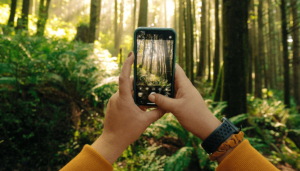
Best Allergy Tracker App 2025
Allergy Tracker App The best apps for tracking allergies in 2025 Published on March 31st 2025Written by Jesse Driessen Living with allergies—whether triggered by food,

SAD & Depression
Seasonal Affective Disorder and Depression Published on November 5th 2024Written by Jesse Driessen What is Seasonal Affective Disorder? Approximately 15 million Americans are thought to




